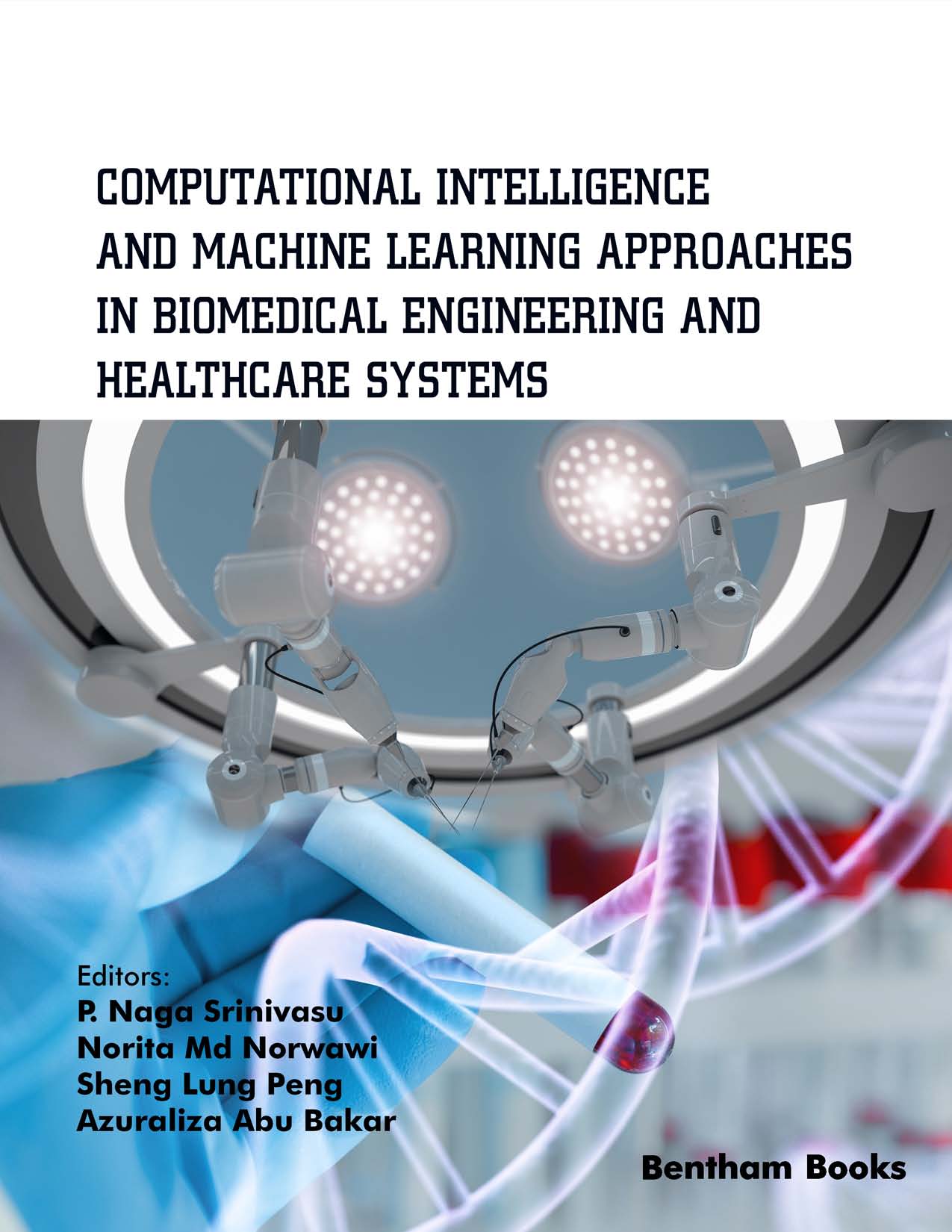Biomedical engineering and healthcare systems are rapidly developing through computational intelligence and machine learning-based techniques for smart medical diagnosis and analysis. Biomedical engineering disciplines have been greatly assisted by advancements in deep learning and soft computing techniques, which lead to improved accuracy in diagnosis, smart treatment, and therapy. Moreover, with multidisciplinary strategies in biomedical research, the physician can deal with critical health issues like cardiac-related issues, high blood pressure, stroke, and liver diseases. Medical illnesses can be treated effectively by recognizing them in much earlier stages using sophisticated medical imaging technologies, including X-Ray, CT, MRI, PET scan, and Electronic Healthcare Records (EHR). Computational intelligence models are extensively used in several phases in medical imaging and medical data analysis, which include the initial rendering of images, image enhancement, complex hidden extraction of features, the segmentation of images, the post-processing of images for the identification of abnormalities, and the incorporation of evolutionary computations. EHRs are analyzed through machine learning techniques, and patients are regularly monitored to assist them in a better lifestyle that would reduce the chances of future illness.
Computational intelligence is the study, design, prototype, implementation, and development of computational paradigms inspired by biological and semantic principles. The intelligent computational models include various advanced technologies like Neural Networks, Ensemble models, Bioinspired models, evolutionary models, swarm intelligence, fuzzy technology, and data-centric knowledge-driven models. The computational intelligence models are proven to be robust in precisely predicting the future illness and diagnosis of the disease at the earlier stages of the abnormality that will assist the physician in providing better treatment and guide the individual in better living habits and lifestyle that are less likely to result in predicted future illness. Artificial intelligence and machine learning would keep improving in the healthcare sector, improving illness prevention and diagnosis, extracting deeper insight from data from many clinical trials, and assisting in developing individualized medicines.
This book encompasses path-breaking and remarkable contributions in the field of computer-aided diagnosis and biomedical analytics that can benefit a wide range of biomedical engineering disciplines, including medical imaging to computational medicine, smart diagnosis, healthcare informatics, ambient assisted living, managing and monitoring wearable medical devices, and even effective systems engineering. The book covers a broad range of machine learning techniques and deep neural network-based methodologies in the healthcare domain. The next horizon in image analysis, multimodal imaging mechanisms, assistive technology, telemedicine, and interdisciplinary applications is emphasized practically.
Parvathaneni Naga Srinivasu
Department of Computer Science and Engineering,
Prasad V. Potluri Siddartha Institute of Technology,
Vijayawada, India
Norita Md Norwawi
Faculty of Science and Technology
Universiti Sains Islam Malaysia
Nailai, Malaysia
Sheng Lung Peng
Department of Creative Technologies and Product Design
National Taipei University of Business
Taiwan
&
Azuraliza Abu Bakar
Center for Artificial Intelligence Technology, Universiti Kebangsaan
Malaysia

